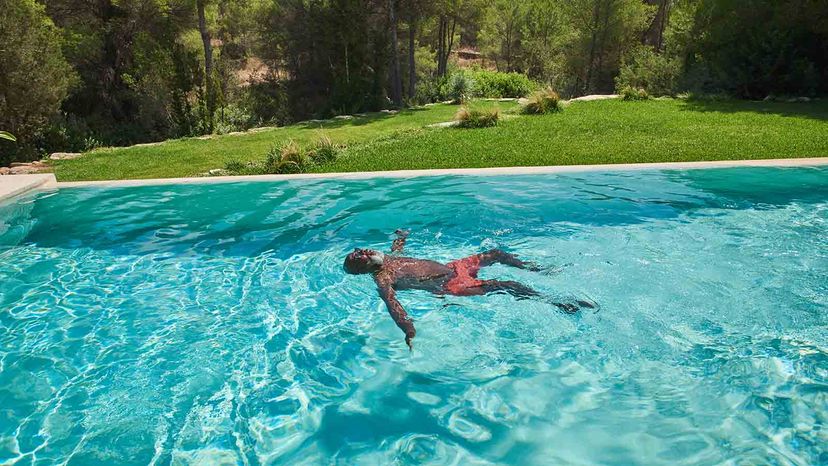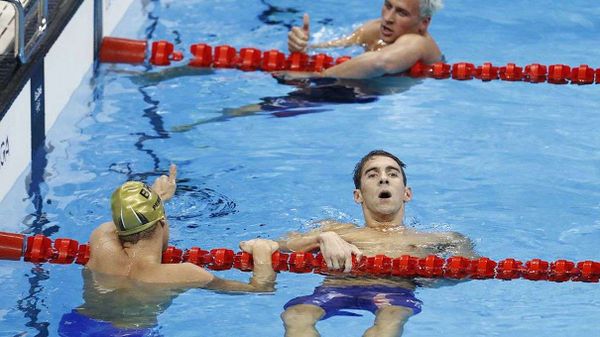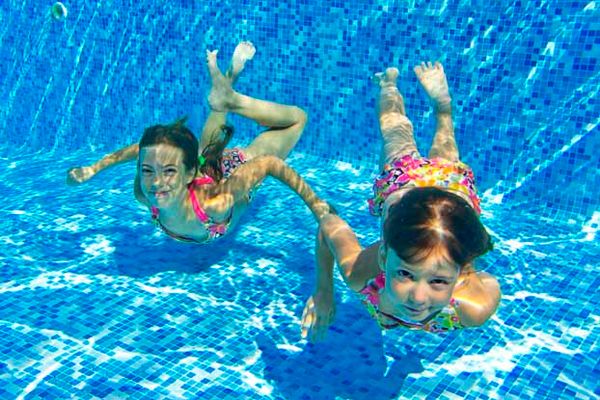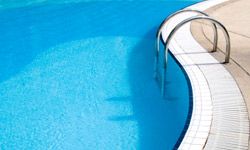
Key Takeaways
- Pool pumps do not need to run all the time; running them for about eight total hours a day, especially during summer, is usually sufficient for proper circulation and filtration.
- Operating your pump during off-peak electricity hours, mostly at night, can help reduce maintenance costs without compromising water quality.
- Utilizing a pump timer allows for the flexibility of breaking up the pump's running time into several shorter periods throughout the day, ensuring the pool stays clean and chemicals are distributed evenly.
Much of the world is experiencing oppressively hot temperatures this summer. And there's probably no better way to cool off than taking a dip in a cool pool.
Of course, that's only if your pool is properly maintained and that includes running the pump to filter the water. But does the pump have to run all the time, as in 24 hours a day? Before you just turn it on and leave it, let's first talk about what a pool pump actually does.
Advertisement
The pump is the main part of the swimming pool circulation system. When it's running, it keeps the water moving; otherwise the water would become stagnant and things like algae and bacteria could grow. The pump also clears debris from the water and keeps those pool chemicals mixed by pushing water through the filtration system.
Many variables determine how much time you need to run the filtration system, including the size of the pool and how you use it. But the bottom line is 100 percent of your pool's water must filter through the system at least once a day — something called turnover rate.
Advertisement


